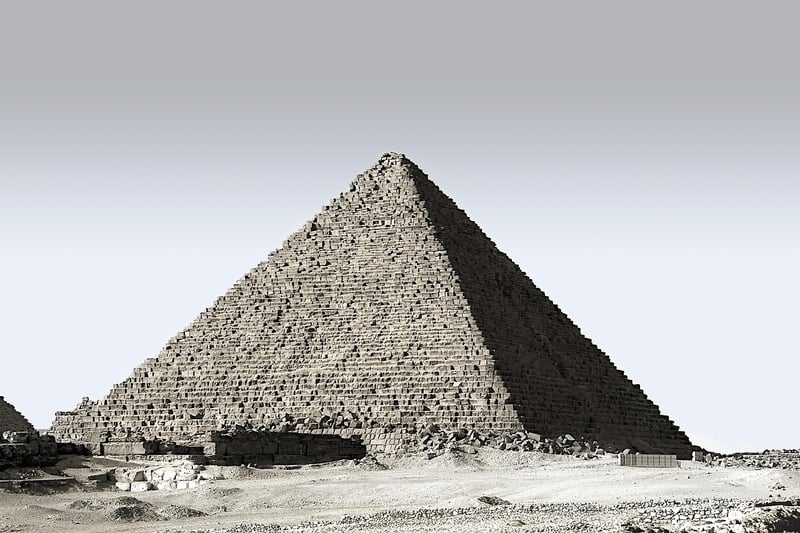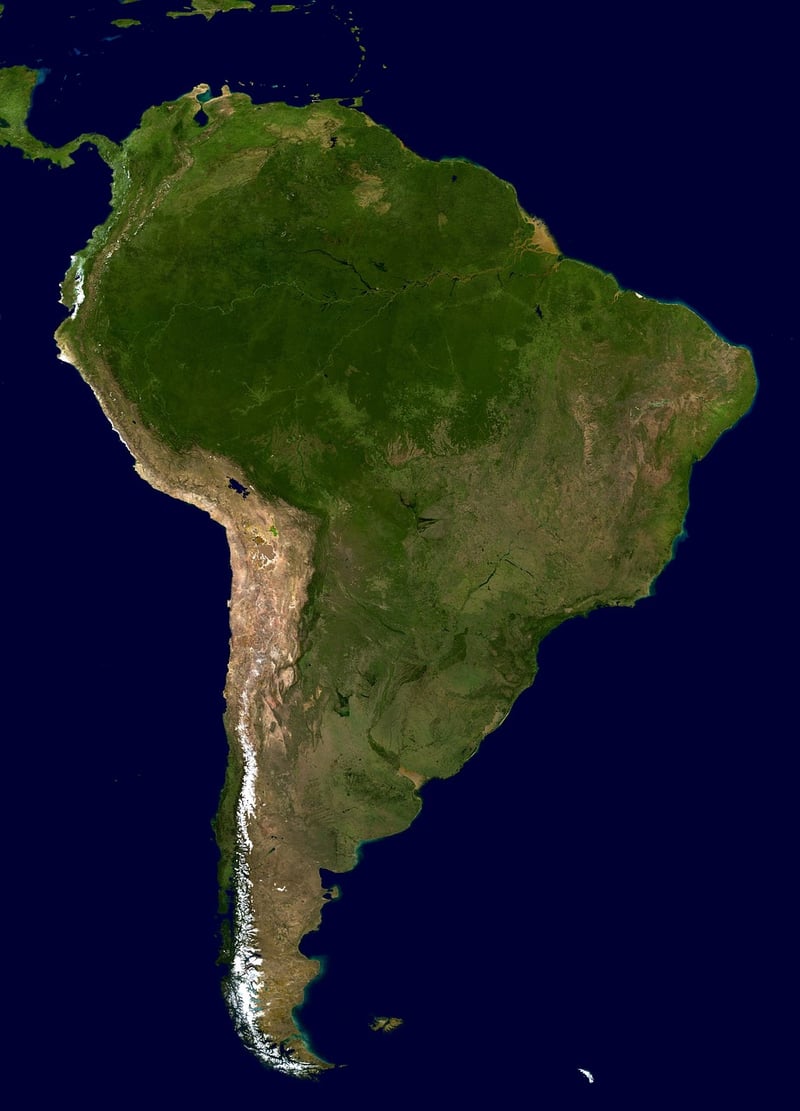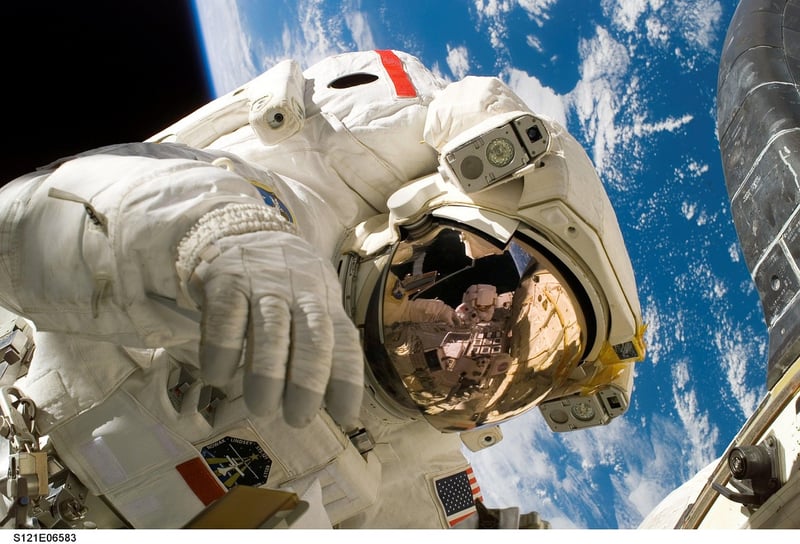Future Exploration
Exploring Different Eras and Future Exploration
Introduction
Exploring different historical eras and the future of exploration is a fascinating journey through time and imagination. From ancient civilizations to modern space exploration, humans have always been driven by curiosity to discover new frontiers.
Ancient Civilizations
Ancient civilizations like the Egyptians, Greeks, Romans, and Mayans left behind incredible architectural wonders, artwork, and cultural legacies that continue to captivate us today. Exploring their ruins and artifacts gives us a glimpse into the past and helps us understand how these societies lived and thrived.

The Age of Exploration
The Age of Exploration in the 15th to 17th centuries was a time of great maritime adventures, with explorers like Christopher Columbus, Vasco da Gama, and Ferdinand Magellan setting sail to discover new lands and trade routes. Their voyages reshaped the world map and connected distant civilizations.

Modern Exploration
In the modern era, exploration has extended beyond Earth to outer space. Space agencies like NASA and SpaceX have launched missions to explore the moon, Mars, and beyond. The discovery of exoplanets and the search for extraterrestrial life are exciting prospects for the future.

Future Exploration
The future of exploration holds endless possibilities. Advancements in technology, such as AI, robotics, and virtual reality, are revolutionizing how we explore new frontiers. From deep-sea exploration to space tourism, the future promises to be filled with exciting adventures and discoveries.
Conclusion
Exploring different eras and the future of exploration allows us to appreciate our past, present, and future. Whether delving into ancient ruins, sailing uncharted waters, or venturing into space, exploration is a testament to human curiosity and the drive to push boundaries.
